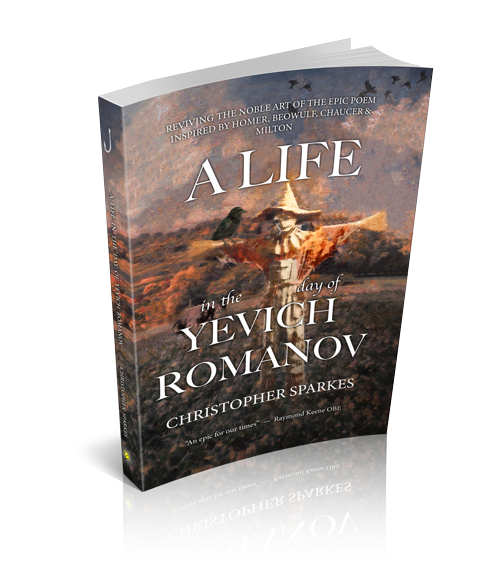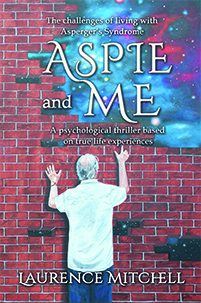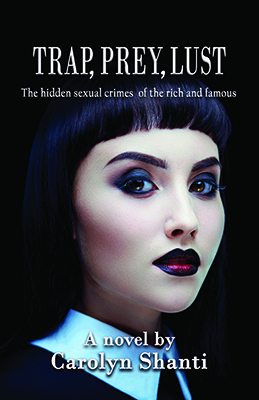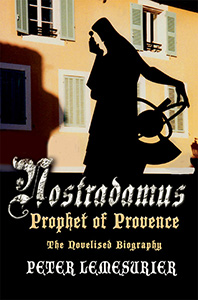Description
Epic poetry might be considered a prehistoric art form, the stuff of long-dead white authors, such as Homer, Virgil, Dante and Milton, the dread and terror of English A-level students. It is no accident that much of such epic poetry takes place physically in the realms of the dead, with visitations to Hades forming key components of The Odyssey, The Aeneid, The Divine Comedy, and, of course, Paradise Lost. In his new work, Christopher Sparkes seeks to revive the Epic and imbue it with the breath of modern life, much as the 19th-century French poet Baudelaire exhorted pictorial artists to abandon the customary fêtes galantes, relegate them to the Neiges d’antan ofVillon, and focus instead on the rich seam of potential offered by the dynamic vibrancy of modern life.
This is a love story that compels like no other: a tour de force of impressive linguistic invention and laugh-out-loud playfulness ‘In the year of who-knows-when’. Sheer delight! Robyn Bolam
Original, inventive, with linguistic somersaults taking centre stage on every page. Who’d imagine a humble scarecrow being raised to such literary heights? Chris Sparkes has created a heart-felt tour de force in his Life in the Day of Yevich Romanov. Scaretits, hold on tight to your straw hats! Maggie Sawkins
A feast of tactile rhythms and chewy language. Oracular lines of poetry flow in a vernacular speech spiced with grandeur, honouring a great resonant subject, the birth of perhaps a redeemer. Extraordinary. George Marsh



